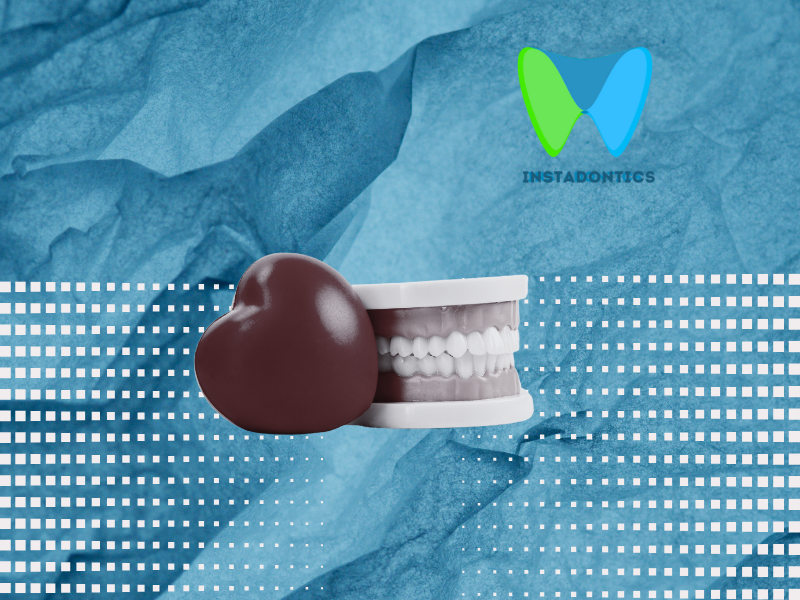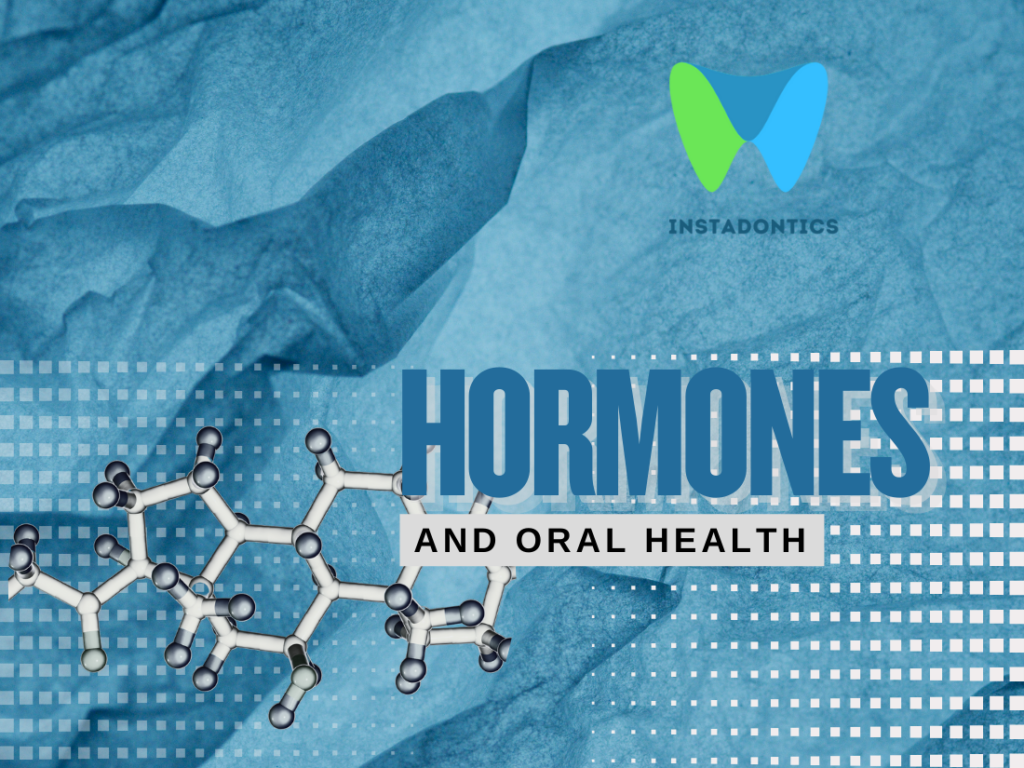Rheumatoid arthritis (RA) is a chronic autoimmune disorder that primarily affects the joints, causing pain, swelling, and stiffness. However, the impact of RA extends beyond the joints, influencing various other parts of the body, including the oral cavity. Understanding how rheumatoid arthritis affects oral health is crucial for comprehensive management of the condition. This guide will delve into the intricate relationship between RA and oral health, exploring symptoms, causes, risk factors, treatment options, and preventive measures to help you maintain optimal oral hygiene while managing RA.
What is Rheumatoid Arthritis?
Rheumatoid arthritis is an autoimmune disease where the immune system mistakenly attacks the body’s tissues, particularly the synovium—the lining of the membranes that surround the joints. This leads to inflammation that can cause joint damage and deformities over time. Unlike osteoarthritis, which results from wear and tear, RA is characterized by systemic inflammation that can affect various organs and systems, including the heart, lungs, and oral cavity.
Symptoms of Rheumatoid Arthritis
The symptoms of RA can vary in severity and may include:
- Joint pain, tenderness, and swelling
- Stiffness, particularly in the morning or after periods of inactivity
- Fatigue and general malaise
- Fever and weight loss
- Rheumatoid nodules under the skin
- Reduced range of motion
How RA Affects Oral Health
Rheumatoid arthritis can significantly impact oral health in several ways. The inflammation and immune response associated with RA can lead to various oral health issues, including:
Periodontal Disease
Periodontal disease, also known as gum disease, is more common in individuals with RA. This condition involves inflammation and infection of the gums, which can progress to affect the bone supporting the teeth. The link between RA and periodontal disease is bidirectional; the chronic inflammation in RA can exacerbate gum disease, and severe gum disease can potentially worsen RA symptoms.
Dry Mouth (Xerostomia)
Dry mouth, or xerostomia, is another common oral health issue in people with RA. This condition can result from the disease itself or as a side effect of medications used to treat RA, such as methotrexate and certain nonsteroidal anti-inflammatory drugs (NSAIDs). Dry mouth can lead to difficulties in speaking, chewing, and swallowing, and increases the risk of tooth decay and oral infections.
Temporomandibular Joint (TMJ) Disorders
The temporomandibular joint connects the jaw to the skull and allows for movements necessary for chewing and speaking. RA can affect the TMJ, leading to pain, stiffness, and limited jaw movement. TMJ disorders can cause significant discomfort and interfere with daily activities.
Oral Infections
Individuals with RA are at a higher risk of developing oral infections due to a compromised immune system and dry mouth. Common infections include candidiasis (oral thrush) and bacterial infections that can lead to abscesses and other complications.
Mouth Ulcers
Mouth ulcers or sores are another oral health issue associated with RA. These can be painful and may result from the disease itself or as a side effect of medications. Mouth ulcers can make eating and speaking uncomfortable and may require specific treatments to manage.
Causes and Risk Factors
Causes of Oral Health Issues in RA
The exact mechanisms linking RA to oral health issues are complex and multifactorial. Some of the contributing factors include:
- Chronic Inflammation: The systemic inflammation characteristic of RA can extend to the oral cavity, leading to gum disease and other oral health problems.
- Immune System Dysfunction: RA involves an overactive immune response, which can increase susceptibility to infections, including those in the mouth.
- Medications: Drugs used to manage RA, such as corticosteroids, immunosuppressants, and NSAIDs, can have side effects that impact oral health, including dry mouth and increased risk of infections.
- Genetic Predisposition: Genetic factors that contribute to RA may also play a role in the susceptibility to oral health issues.
Risk Factors
Several risk factors can increase the likelihood of developing oral health problems in individuals with RA:
- Smoking: Smoking is a significant risk factor for both RA and periodontal disease. It can exacerbate inflammation and impair the immune response.
- Poor Oral Hygiene: Inadequate oral hygiene practices can lead to plaque buildup, gum disease, and other oral health issues.
- Age: The risk of both RA and oral health problems increases with age.
- Gender: Women are more likely to develop RA than men and may also be more susceptible to certain oral health issues.
Treatment & Prevention
Managing Oral Health in rheumatoid arthritis
Effective management of oral health in individuals with RA requires a multidisciplinary approach involving both rheumatologists and dental professionals. Here are some key strategies:
Regular Dental Check-Ups
Regular dental check-ups are essential for early detection and management of oral health issues. Individuals with RA should visit their dentist at least twice a year for routine exams and cleanings. During these visits, the dentist can monitor for signs of gum disease, dry mouth, and other oral health problems.
Good Oral Hygiene Practices
Maintaining good oral hygiene is crucial for preventing oral health issues in RA. This includes:
- Brushing: Brush your teeth at least twice a day with fluoride toothpaste. Use a soft-bristled toothbrush to avoid irritating sensitive gums.
- Flossing: Floss daily to remove plaque and food particles from between the teeth and along the gumline.
- Mouthwash: Use an antimicrobial mouthwash to reduce bacteria and prevent gum disease.
Managing Dry Mouth
For individuals with dry mouth, there are several strategies to alleviate symptoms and protect oral health:
- Hydration: Drink plenty of water throughout the day to keep the mouth moist.
- Saliva Substitutes: Use over-the-counter saliva substitutes or mouth sprays to relieve dryness.
- Sugar-Free Gum: Chew sugar-free gum or suck on sugar-free candies to stimulate saliva production.
- Humidifier: Use a humidifier at night to add moisture to the air and prevent dry mouth.
Addressing TMJ Disorders
For those with TMJ disorders, various treatments can help manage symptoms:
- Physical Therapy: Exercises and stretches can improve jaw function and reduce pain.
- Medications: Pain relievers and anti-inflammatory medications can help manage TMJ pain.
- Mouthguards: Custom-made mouthguards can reduce teeth grinding and alleviate TMJ symptoms.
Medications and Oral Health
It’s important to discuss the potential side effects of RA medications with both your rheumatologist and dentist. They can work together to manage any adverse effects on oral health. For example, if a medication causes dry mouth, your healthcare provider may recommend alternatives or additional treatments to mitigate this side effect.
Preventive Measures
Preventive measures can help reduce the risk of oral health problems in individuals with RA:
- Quit Smoking: Smoking cessation is crucial for reducing inflammation and improving overall health. Seek support from healthcare providers or smoking cessation programs.
- Healthy Diet: Eat a balanced diet rich in fruits, vegetables, whole grains, and lean proteins. Avoid sugary and acidic foods that can contribute to tooth decay and gum disease.
- Regular Exercise: Engage in regular physical activity to improve overall health and reduce inflammation. Exercise can also help manage RA symptoms and improve joint function.
- Stress Management: Chronic stress can exacerbate both RA and oral health problems. Practice stress-reducing techniques such as meditation, yoga, or deep breathing exercises.
- Medication Management: Work with your healthcare providers to manage RA medications effectively. Discuss any side effects that may impact oral health and explore alternative treatments if necessary.
FAQs & Myths
FAQ 1: Can good oral hygiene impact the progression of RA?
Yes, maintaining good oral hygiene can potentially impact the progression of RA. Reducing oral inflammation and infection can help lower systemic inflammation, which may positively affect RA symptoms. Regular dental care and good oral hygiene practices are essential components of overall health management for individuals with RA.
FAQ 2: Is there a specific diet that can help manage both RA and oral health?
While there is no specific diet that targets both RA and oral health exclusively, a balanced diet rich in anti-inflammatory foods can benefit overall health. Foods high in omega-3 fatty acids, such as fish, nuts, and seeds, can help reduce inflammation. Additionally, consuming plenty of fruits and vegetables provides essential vitamins and minerals that support both joint and oral health.
FAQ 3: Are there any specific dental products recommended for individuals with RA?
Individuals with RA may benefit from using dental products designed for sensitive gums and dry mouth. These include:
- Soft-Bristled Toothbrushes: To prevent irritation of sensitive gums.
- Fluoride Toothpaste: To strengthen tooth enamel and prevent decay.
- Saliva Substitutes: Over-the-counter products that help alleviate dry mouth.
- Antimicrobial Mouthwash: To reduce bacterial load and prevent gum disease.
Always consult with your dentist for personalized recommendations based on your specific needs.
FAQ 4: Can RA medications cause oral health problems?
Yes, some RA medications can cause oral health problems. For example, methotrexate and certain NSAIDs can lead to dry mouth, which increases the risk of tooth decay and oral infections. Corticosteroids can also weaken the immune system, making it easier for infections to develop. It’s important to discuss any side effects with your healthcare providers to manage them effectively.
Myths
Myth 1: Oral health has no impact on rheumatoid arthritis.
This is a common misconception. Oral health and rheumatoid arthritis are closely linked through systemic inflammation. Poor oral health can exacerbate RA symptoms, and managing oral health can positively impact overall health and potentially reduce RA-related inflammation.
Myth 2: Only older adults need to worry about RA and oral health issues.
While the risk of RA and oral health issues increases with age, individuals of all ages can be affected. Young adults and even children can develop RA, and maintaining good oral hygiene is essential for everyone, regardless of age.
Myth 3: Brushing and flossing are enough to prevent oral health issues in RA.
While brushing and flossing are crucial components of oral hygiene, they may not be sufficient for individuals with RA. Regular dental check-ups, managing dry mouth, and addressing TMJ disorders are also important for comprehensive oral health care. Additionally, lifestyle factors such as diet, exercise, and stress management play a significant role in maintaining overall health.
Key Takeaways
Understanding the link between rheumatoid arthritis and oral health underscores the importance of a holistic approach to managing RA. Here are the key takeaways:
- Rheumatoid Arthritis: RA is a chronic autoimmune disorder characterized by systemic inflammation that affects the joints and other parts of the body, including the oral cavity.
- Oral Health Impact: RA can lead to various oral health issues, including periodontal disease, dry mouth, TMJ disorders, oral infections, and mouth ulcers.
- Causes and Risk Factors: Chronic inflammation, immune system dysfunction, medications, and genetic predisposition contribute to oral health problems in RA. Risk factors include smoking, poor oral hygiene, age, and gender.
- Management: Effective management involves regular dental check-ups, good oral hygiene practices, managing dry mouth, addressing TMJ disorders, and coordinating care between rheumatologists and dental professionals.
- Preventive Measures: Quit smoking, maintain a healthy diet, engage in regular exercise, manage stress, and work with healthcare providers to manage RA medications effectively.
- Common Concerns: Good oral hygiene can positively impact RA progression, and a balanced diet rich in anti-inflammatory foods benefits overall health. Specific dental products can help manage oral health issues related to RA, and it’s important to address medication side effects.
By taking a proactive approach to oral health and working closely with healthcare providers, individuals with RA can improve their overall well-being and quality of life. Regular dental care, good oral hygiene practices, and a healthy lifestyle are essential components of comprehensive RA management. For further reading and personalized advice, consult with your healthcare providers, including your rheumatologist and dentist.



